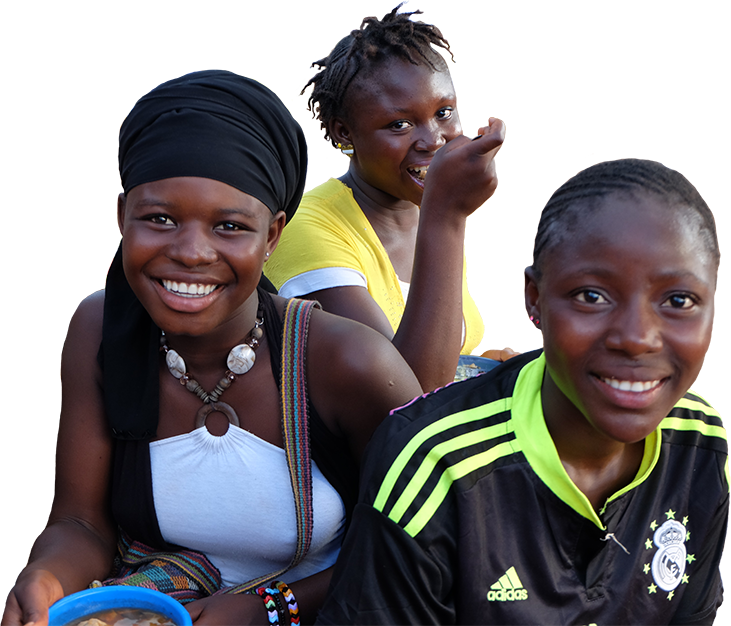Advocacy is an important tool to gain political commitment and stakeholder support, and secure resources for adolescent nutrition programming. The Adolescent Nutrition Resource Bank includes documents used to advocate for adolescent nutrition programs and services. If you have relevant advocacy materials or tools, please send them to info@advancingnutrition.org.
We found 66 resource(s)
Adolescent profile: Current non-communicable diseases (NCDs) trends and risk factors affecting adolescents in Indonesia
Information, Education and Communication Materials published by UNICEF in
This infographic summarizes the health status of adolescents in Indonesia (10-19 years). The report highlights trends in nutritional status, tobacco use, and mental health issues and their impact on adolescent morbidity and mortality. The adolescent health profile also explores the impact of the COVID-19 pandemic on adolescents in Indonesia,…
Nutrition for Adolescent Health During COVID-19 (Toolkit)
Information, Education and Communication Materials published by WHO in
This toolkit contains several types of resources: advocacy and key messages, multimedia assets, guidance, and contextualised resources. Resources include infographics with nutrition tips, recommendations and strategies for healthy eating from FAO, WHO, and other sources, reports on the status of food security and nutrition, and guidance for school…
Fix My Food: Children's Views on Transforming Food Systems
Guideline/Guidance published by Young and Resilient Research Centre, UNICEF in
In 2021, UNICEF partnered with the Young and Resilient Research Centre at Western Sydney University to host participatory workshops with adolescents in 18 countries around the world on their perspectives on food systems, including the barriers and challenges to attaining nutrition food and how they want food systems to change. The key insights and…
World Food Forum 2021 Year in Review
Guideline/Guidance published by World Food Forum in
This report is a summary of actions taken since the World Food Forum in 2021 to reach the Sustainable Development Goals, particularly how they have engaged youth in shaping the future of food security and addressing Goal 2: Zero Hunger.
Marketing of Unhealthy Foods and Non-Alcoholic Beverages to Children
Policy published by UNICEF in
This policy brief seeks to address the issue of obesity in children and adolescents through the enforcement of various laws and policies to minimize the marketing of unhealthy food and non-alcoholic beverages to children and adolescents. It cites examples of the impact similar laws or policies have had to serve as a guide and motivation to other…
Nutrition Education in Schools in Cameroon: Addressing the Double Burden of Malnutrition and Obesity
Informational Infographic published by RSD Institute in
This infographic provides information on the double burden of malnutrition and obesity in Cameroon and highlights the importance of providing robust nutrition education in schools to support children and adolescents in improving their diet. It focuses on the systems, laws, and policies that govern health, food, the food industry, and media.
Global Standards and Indicators for Health Promoting Schools
Indicator Guide published by WHO in
This document defines key indicators and outlines standards for health-promoting schools, which leverage the educational infrastructure in communities to improve all aspects of health, including physical, social-emotional, and psychological conditions, and positive educational attainment.
Pakistan Adolescent Nutrition Strategy and Operational Plan
Policy published by UNICEF in
The Pakistan Adolescent Nutrition Strategy summarizes the state of health and nutrition among 10–19 year olds, with an emphasis on malnutrition and micronutrient deficiencies. The stratgey outlines three strategic areas, the role of development partners, and monitoring and evaluation strategies.



